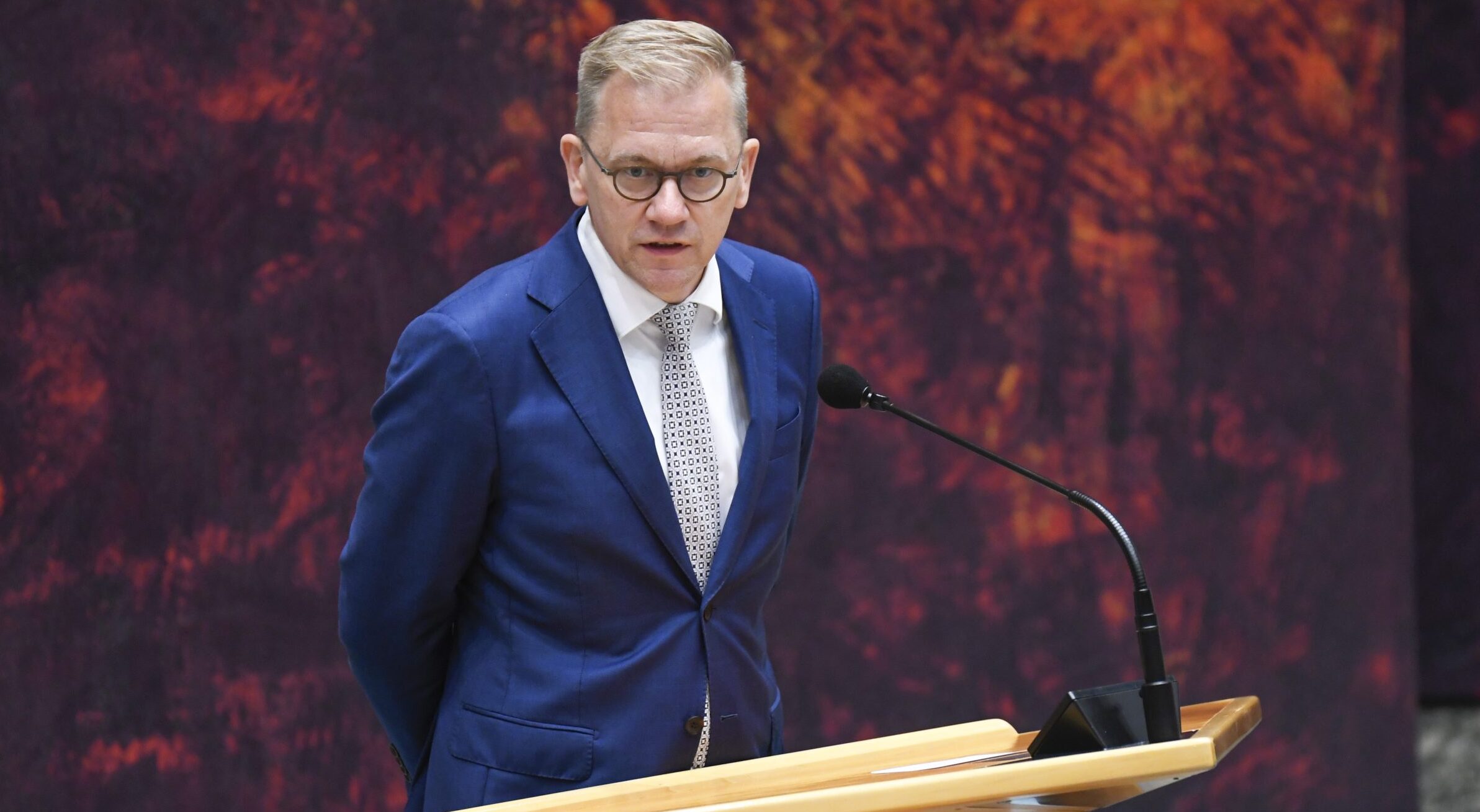Nine Wageningen researchers have been awarded a Veni Grant. This is the same number of recipients as last year, when NWO, the Dutch Research Council, awarded a total of 167 grants. This year NWO honoured a total of 188 applications.
The Veni Grant is a personal scientific grant of up to 280 thousand euros for talented researchers who recently received their doctorate. The money will allow the recipients to develop their research ideas over the next three years. The Veni Grants are invariably characterised by serious rivalry. The 188 grants that were awarded this year equate to a success rate of just 13 percent.
Oyster reefs and carbon dioxide removal
As many as two of the researchers in the Environmental Policy Chair Group (in the Department of Social Sciences) have been awarded a Veni Grant. Annet Pauwelussen, who is Assistant Professor of Marine Governance, will use her grant to explore ‘oyster politics’: she will investigate the way in which the oyster reefs that once covered the North Atlantic coasts can be restored inclusively and equitably. Ina Möller, who is Assistant Professor of Climate Politics, received a Veni Grant so that she can conduct research into large-scale carbon dioxide removal, which is a core element of European climate policy. She wants to gain a clear understanding of the impact that this is having on the food production and land use system, including the ‘major polluters’ who are involved, and look into how this is affecting collective emissions.
There’s also another colleague from the Department of Social Sciences who has been awarded a Veni Grant. Esther Gehrke (from the Agricultural Economics & Rural Policy Chair Group) was awarded her grant to conduct research into educational inequality within families in low and middle-income countries. She aims to gain insight into how education policy relates to parents’ decision-making about their children’s education.
Microplastics, bumblebee migration and submerged deltas
In the Department of Environmental Sciences there are also three Veni laureates. Kryss Waldschläger (from the Hydrology and Quantitative Water Management Chair Group) will be investigating the way in which microplastics affect the clumping and settling of aquatic soil particles, which can pose a serious threat to both ecosystems and the navigability of waterways. Thijs Fijen (from the Plant Ecology and Nature Conservation Chair Group) will be studying bumblebee mass migration, which may explain why some bumblebee populations manage to survive even in the most intensively agricultural landscapes. Philip Minderhoud (from the Soil Geography and Landscape Chair Group) will be examining submerged deltas. Using a yet-to-be-developed model that provides digital simulations of deltas, he aims to quantify and predict subsidence in an effort to help preserve valuable delta regions.
Genes and folivores
There are two Veni Grant recipients in the Department of Plant Sciences. Michael Schon (from the Laboratory of Molecular Biology) will be looking into the hard-to-identify genes that, in contrast to protein-coding genes, coordinate development through RNA molecules. Schon has proposed a method that has discovered them in new genomes based on their location in related species. Quint Rusman (from the Laboratory of Entomology) will be looking more deeply into the role of leaf-eating herbivores in floral evolution, which has only recently been proven. Rusman wants to explore whether this role is direct or indirect, for example by manipulating plant interactions that involve flower visitors such as pollinators and flower eaters.
Finally, at the Department of Agrotechnology and Food Sciences, Imre Kouw (from the Human Nutrition and Health Chair Group) has been awarded a Veni Grant for her research into tube feeding and nutrition in intensive care units. At present, patients tend to be tube fed or orally fed over a 24-hour period, even though the metabolism of muscles and organs is active at different times of the day, because they are regulated by the biological clock. Kouw will be looking at whether administrating the patient’s food in accordance with meal patterns is better for recovery.

 The Veni Grant is a personal grant for young researchers who recently received their doctorate. Photo Shutterstock
The Veni Grant is a personal grant for young researchers who recently received their doctorate. Photo Shutterstock 

